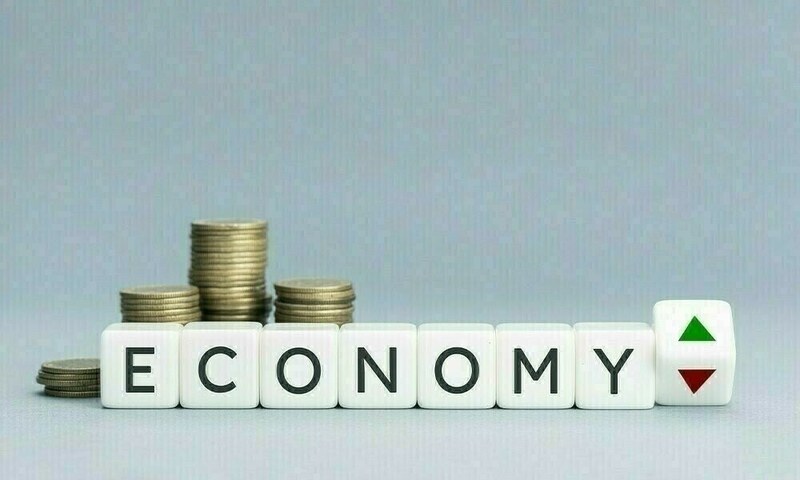FAISALABAD: The business community is striving to build the economy on solid and sustainable foundations despite facing difficult circumstances; however, the government must take practical steps to create a conducive environment and formulate long-term economic policies through mutual consultation. This was stated by Farooq Yousaf Sheikh, President of the Faisalabad Chamber of Commerce and Industry (FCCI), in a statement.
He highlighted the unusual fluctuations in Pakistan’s economy and noted that once again, exports are on the decline — a matter of concern for both the private sector and the government.
He said that the business community of Faisalabad, particularly the Faisalabad Chamber of Commerce and Industry (FCCI), has identified the key factors contributing to this decline in exports. Moreover, practical and actionable recommendations were presented to address these issues, but the government has failed to pay due attention to them.
He stated that while the government aims to increase exports to 100 billion dollars, neither energy tariffs nor the policy rate have been aligned with those of regional trading competitors. He emphasized that to achieve this target, the government must immediately reduce the electricity tariff to 9 cents per unit and bring the policy rate down to single digits, enabling Pakistani products to compete effectively in global markets.
He further stressed that economic policies should be designed with a minimum horizon of ten years, allowing exporters and investors to focus with clarity on enhancing industrial production and exports. Additionally, steps must be taken to ensure policy continuity so that sustainable and meaningful results can be achieved.
He also emphasized the need to explore new markets and promote the export of non-traditional products, stating that Pakistan must move beyond its reliance on textiles and work towards diversification. Similarly, emerging and untapped markets in Africa present valuable opportunities that should be leveraged.
He noted that the Research and Development (R&D) wing of the FCCI is actively working on this front, and seminars will be organized to share its recommendations.
However, he added, the government must also evaluate the possibility of offering incentives to support these efforts. Addressing the issue of the trade deficit, he said that no restrictions should be imposed on the import of raw materials used in export-oriented production. However, efforts should be made to encourage the local manufacturing of such imported items.
Copyright Business Recorder, 2025


